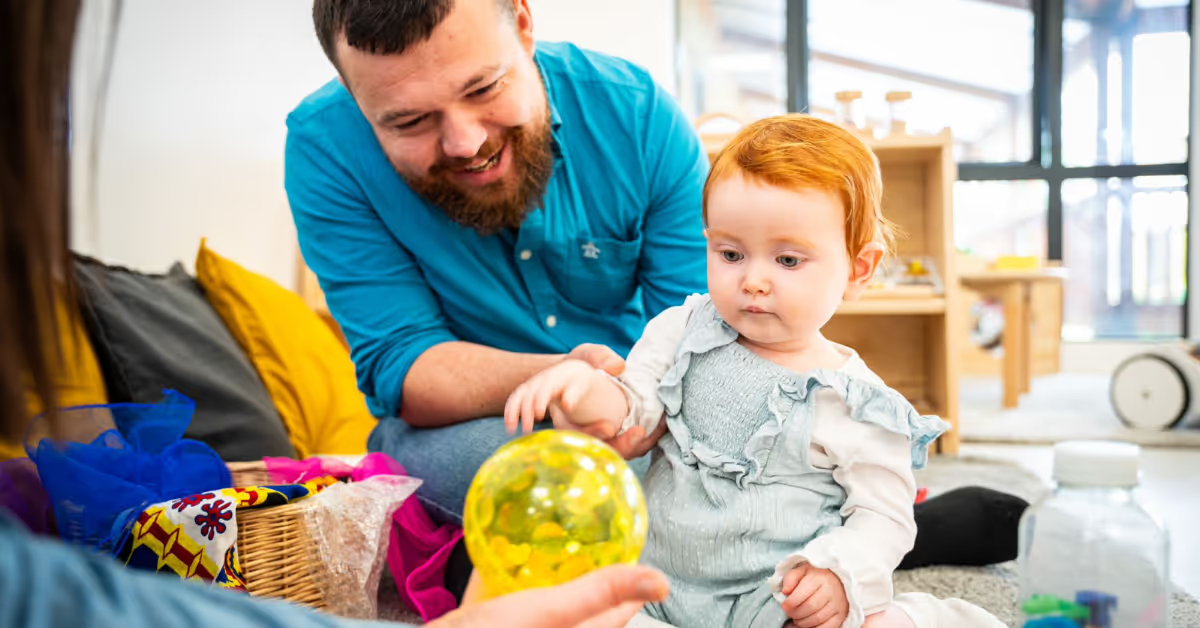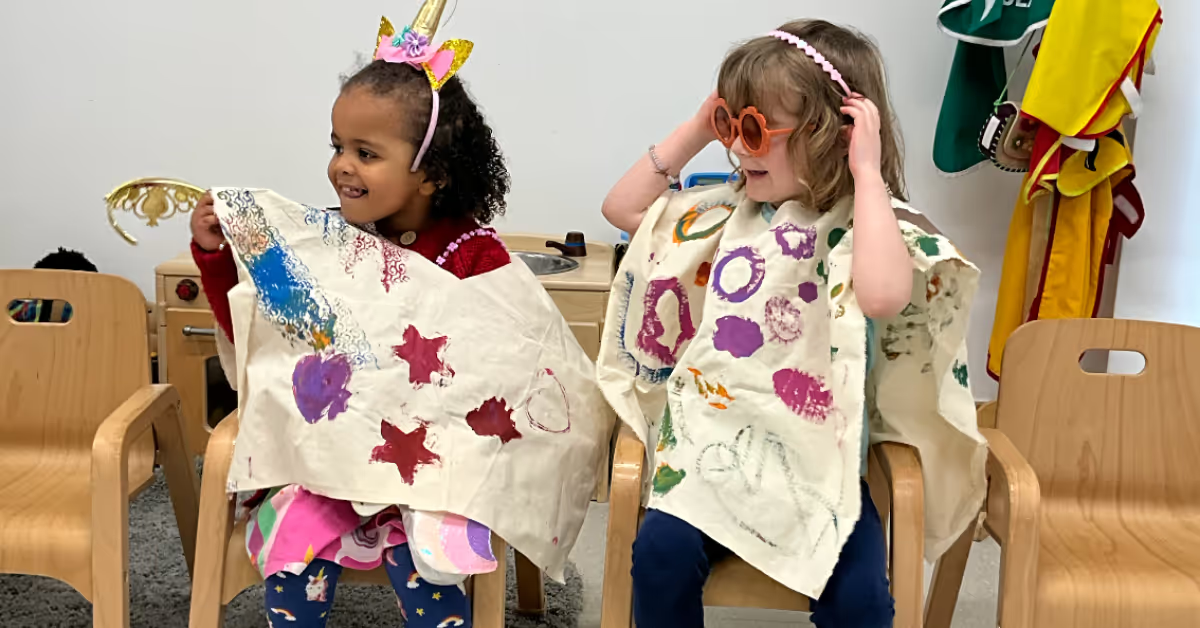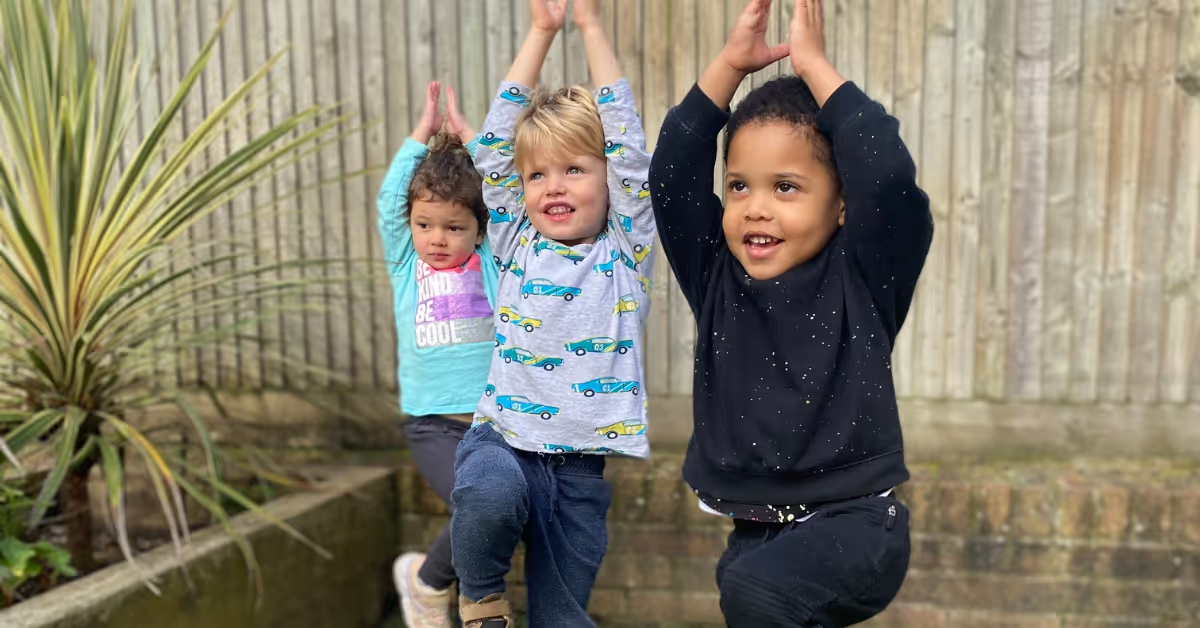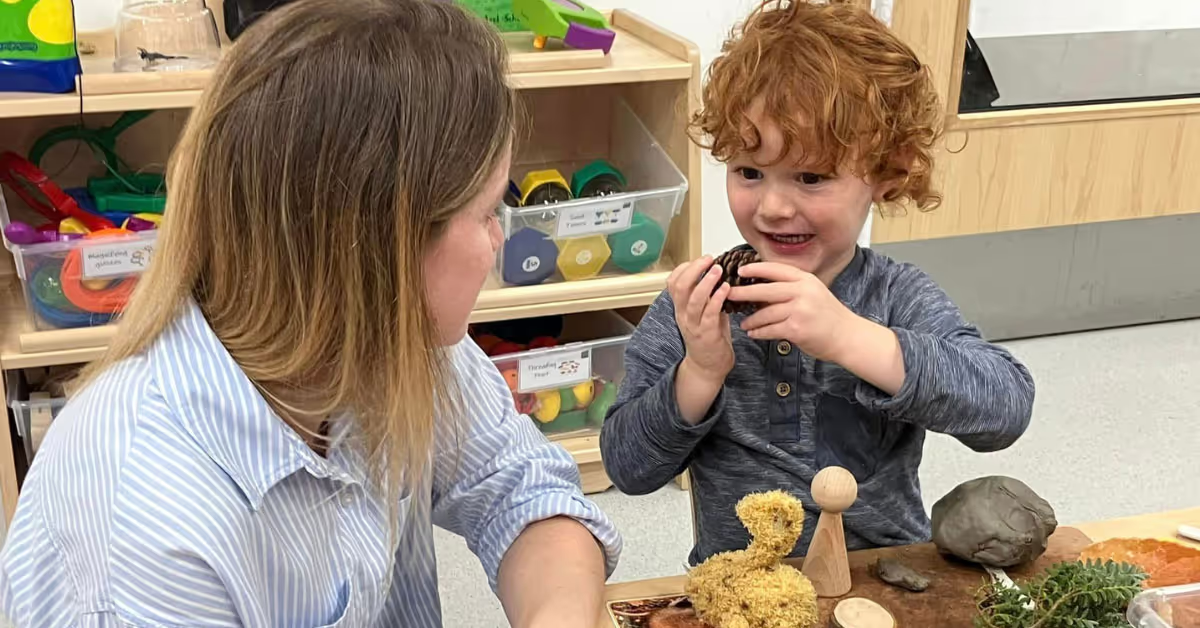In the early years of childhood, social skills play a pivotal role in shaping a child's overall development. These skills encompass a range of abilities, including communication, cooperation, empathy, and conflict resolution, which are fundamental in building meaningful relationships and navigating social interactions successfully. As early childhood educators, we have a profound responsibility to foster the growth of these skills in young children.
Let’s explore effective strategies and engaging activities to support the development of social skills during the early years.
Social Skills Development, building for success…Before delving into strategies and activities, it's crucial to understand the stages of social skills development in early childhood. Infants begin forming social bonds through attachment to caregivers, while toddlers and preschoolers gradually learn to interact with peers, share toys, take turns, and express their emotions. As children progress, they refine their communication skills, develop empathy, and learn to navigate more complex social situations.
Strategies for Nurturing Social Skills:
Positive Role Modelling
Children learn by observing and imitating adults. Modelling positive social behaviours such as kindness, respect, and cooperation sets a strong foundation for children to emulate, we embed this approach by fostering the concept of serve and return.

Encourage Play-Based Learning
Encourage activities that promote cooperative play, such as building blocks, pretend play, and group games, which foster collaboration and communication. Learning through play is a vital stage for children to develop their key social skills.
Teach Empathy and Perspective-Taking
Help children recognise and understand the feelings of others by discussing emotions, reading books with diverse characters, and role-playing different scenarios, exploring emotion books, modelling the emotions to the children.
Support Problem-Solving Skills
Guide children in resolving conflicts peacefully by teaching negotiation, compromise, and problem-solving strategies. Encourage them to express their wants and feelings.
Engaging Activities to Promote Social Skills:
Cooperative Art Projects
Encourage children to work together on collaborative art projects, such as painting or group playdough making. This activity promotes teamwork, communication, and creativity.

Storytelling Circle
Gather children in a circle and take turns telling stories or sharing experiences, perhaps what they got up to at the weekend! This activity enhances listening skills, and turn-taking, and encourages empathy as children relate to each other's narratives.
Role-Playing Games
Set up role-playing scenarios, such as a pretend restaurant or doctor's, where children can take on different roles and interact with each other. This fosters imagination, communication, and problem-solving.
Group Movement Activities
Organise group activities such as dancing, yoga, or simple cooperative games like "Red Light, Green Light." These activities promote physical coordination, teamwork, and following instructions, while having fun together, even grabbing some coloured backs and supporting the children in turn-taking!

Developing social skills is a gradual process that requires patience, consistency, and support from caregivers and educators. By implementing effective strategies and engaging activities, we can create nurturing environments where children feel valued, connected, and empowered to navigate the complexities of social interactions. Through intentional guidance and encouragement, we can help cultivate the social skills that will serve children well throughout their lives. Let's embrace the opportunity to nurture the social development of our youngest learners, laying the groundwork for their future success and well-being.
Social communication is like building a tower of Legos, it is vital to ensure each piece is fitted together so the structure Is cemented ready for future successes, and the key is laying the correct foundation.
Subscribe to our newsletter
Stay up to date with Fennies news



.png)




.png)

